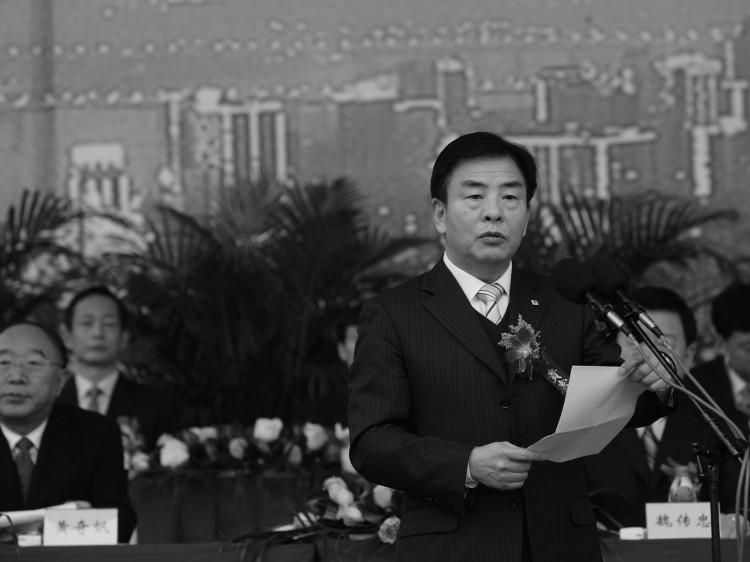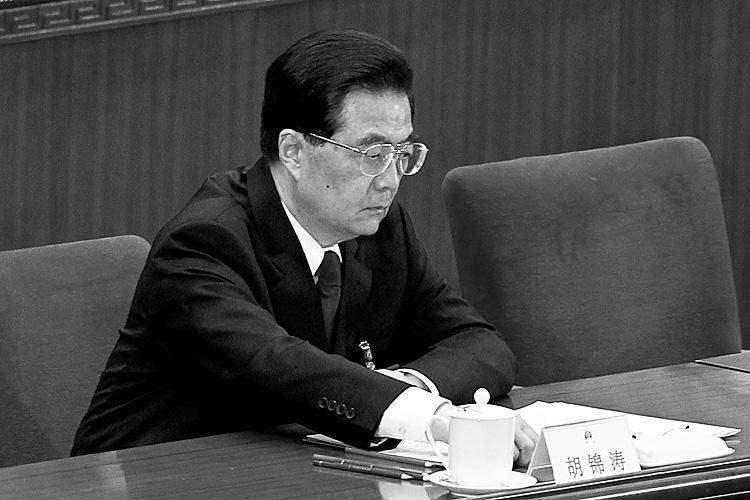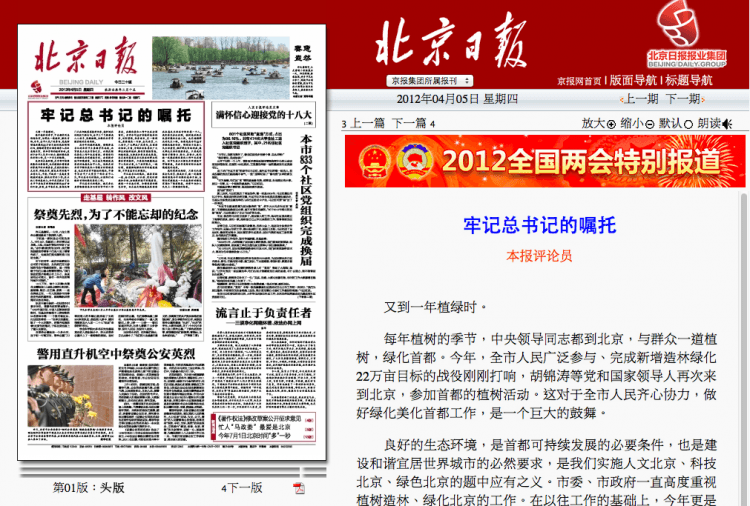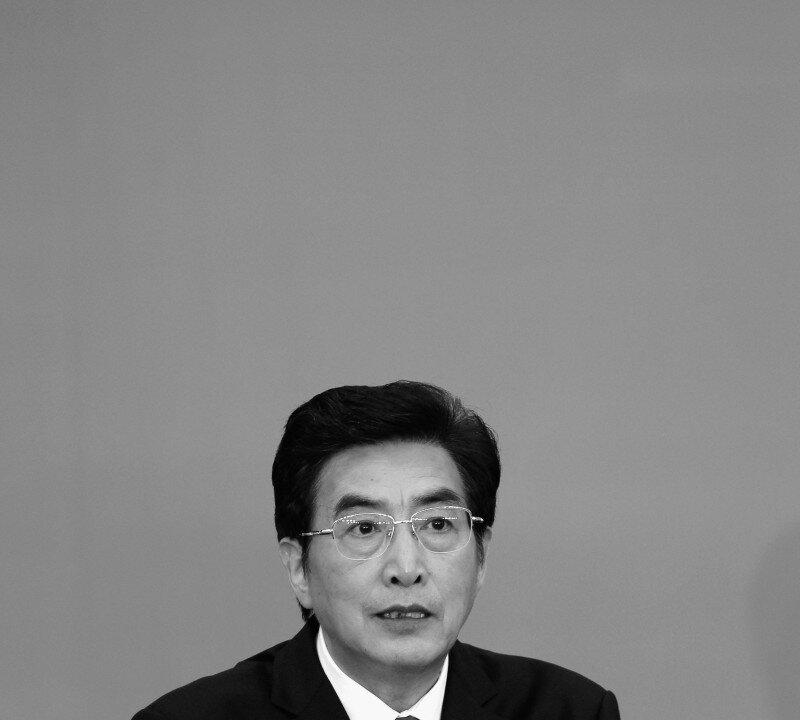A former engineer with the Chinese Ministry of Railways is criticizing part of China’s newest plan for economic reform, suggesting that it will only encourage further corruption by officials controlling the railways.
A 2012 economic plan was drafted by the National Development Reform Commission (NDRC), the nation’s top economic agency under the direction of China’s 35-member State Council, and approved by the State Council on March 22. Chinese Premier Wen Jiabao, who has been an open advocate for increased market reform in China, is head of the State Council.
The report focused on reform, particularly in the sectors of energy and transportation, which includes the nation’s vast railway system. Among the recommendations was that private capital be brought into the rail sector.
Mr. Zhan, a former engineer with the Ministry of Railways, told The Epoch Times that this would be a gross mistake, and that “so-called reform is just a way to con money from the public.”
“Be it Ministry of Railway or the Ministry of Transportation, no matter which group tries to get hold of the railway system, it is trying to control the country’s economy and blackmail the Chinese people,” Mr. Zhan said. “Any form of reform is simply a redistribution of profit within the Chinese Communist Party. The interest of the people won’t be of high priority,” he added.
During meetings held by the National People’s Congress and the Chinese People’s Political Consultative Conference March 4 to 14, 2012, Railways Minister Sheng Guangzu spoke about last year’s problems with railroad development, especially the accumulation of a large deficit. At the end of 2011, the Ministry was over $2 trillion yuan ($158 billion USD) in debt. The debt to asset ratio has exceeded 60 percent.
Sheng said in 2012 the Ministry of Railways wanted to invest $500 billion yuan ($79 billion USD) in fixed assets, including $400 billion yuan ($63.5 billion USD) in infrastructure investments.
But the effective deployment of all that capital was strongly questioned with a series of high-profile disasters this year and last. These included a high-speed train derailment in Wenzhou that shook the country, the ousting, under a cloud of corruption, of the rail chief Liu Zhijun, and recent revelations of a high-speed railway whose tracks sunk after over 90,000 tonnes of rocks were swapped for earth during the construction process.
Other known problems in the transportation sector involve what Mr. Zhan characterizes as a power struggle over leadership of the Railway Ministry and the Ministry of Transportation. Zhan said he was aware of “many” plans that had been drawn up to merge the two ministries, however nothing had been done.
“The official reason for the failure to merge was the uniqueness and high professional standards required of railroad management, as well as the breadth and depth of management and its huge effect on the national economy. The reason below the surface was the power struggle between various interest groups within the Communist Party. Whichever faction wins, the Ministry of Railways will benefit greatly, so of course whoever has it won’t let go,” Zhan said.
According to an article published in the China Daily in English, the regime says it is in favor of encouraging private investment in a wide range of sectors, including energy, finance, telecommunications and education.
An increasing number of economists outside of China have realized the weaknesses of the Chinese economy and predict a coming crisis. To mitigate the problem they have suggested separating the government and government-run enterprises by encouraging full privatization.
Zhan thinks that currently, such a separation is impossible, because letting go of the control of the railroad system means letting go of power.
“No matter what kind of reform it tries, the Chinese Communist Party is running out of time. The so-called reform has reached a dead end. China’s only way out is the disintegration of the Chinese Communist Party and the complete conversion to a market economy,” Mr. Zhan said. “Only then will the Chinese economy regain energy,”
Read the original Chinese article.



